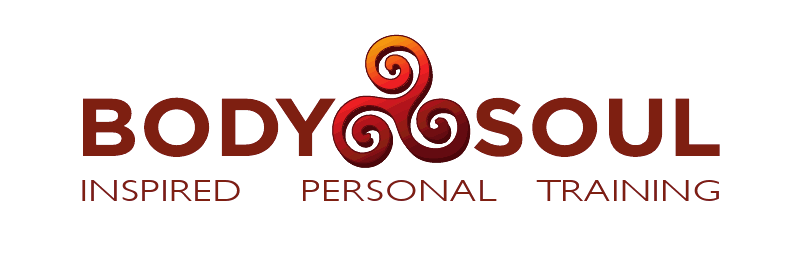Components of Habit: Part I
Humans truly are “creatures of habit”, if the creature portion of this quote refers to evolutionary survival dynamics that is. Our brain has a limited capacity to devote towards mental tasks. The goal of our basal ganglia (region of the brain where pattern recognition happens) is to make things we do often automatic behaviors (habits) to save mental energy for more important tasks. When our brain is presented with a cue-which triggers automatic behaviors we respond with a routine -said behavior, and then if a reward-a need or pleasure being met is presented our brain tries to remember this “Habit Loop”. We begin to associate this reward with the cue that triggers our routine and supplies us with the reward once again. Fortunately, this makes us more efficient when presented with the same task that elicits the same “Habit Loop”. When was the last time you had to think really hard about remedial tasks like tying your shoe? Chances are it is now a habit and you can tie your shoes while talking to a friend because it is automatic. This understanding of the habit-forming process is integral to creating new healthy habits and ridding ourselves of bad habits.
Creating new habits can be tricky. If we know that we need a cue, routine and reward then this can expedite the habit-forming process. For instance lets say you want to resistance train three times per week. Then choose three days out of the week to keep your gym bag in the car. Seeing your gym bag is your cue. Then follow through with a health enhancing routine-resistance training at Body Soul. Once we have the cue and routine established we need our reward. This can be as simple as making a mental or written note about how great you felt after your workout. Now we have a positive habit loop.
Below is another example of a habit loop:
Our initial example used: A gym bag as a cue, that triggered working out as our routine and gave us a rewarding feeling that we made note of as our reward. The specifics of a cue and reward are not important, finding cues and rewards you respond to and keeping them intact is.
Cue: Gym bag–>Routine: Resistance training–>Reward: “wow, I feel great”
Now, I know you may be thinking, “This sounds too simple to be true,” and it is. In fact there is a little more that we need to do to establish a habit. The chances of sticking to a habit are directly related to the frequency of success you have carrying out this habit. The more you actually make it to the gym three times per week the more likely you are to solidify this habit. So if we really want a fighting chance then the more we do not deviate from the process, keeping the same initial cue, routine, and reward the greater chance you have of solidifying this habit.
Principals of Success:
There are two overarching principals that can aid in the success of habit creation. The first is belief that you can do it. This is truer than ever before because as soon as you start to doubt yourself you are going to revert back to your old habits, like sitting on the couch watching television on the night you usually are in the gym. So do yourself a huge favor and believe you can do this, because we do. The second principal to success is accountability. If you want to increase your chances of sticking to this habit then you need to have someone or something to hold you accountable. This can be a trainer here at Body Soul or a friend you go to the gym with. Either way you have an external motivator to aid in this habit-forming process. Individuals who attempt to loose weight with another person or group of people have higher success rates than those who do not. This is accountability in action and was researched in the Journal of Consulting and Clinical Psychology . Now, get out there and form new habits. In next weeks post we will discuss how to replace negative habits with positive ones, so please revisit the site for that article.
Brief Review:
1. Create a cue.
2. Respond with a positive routine.
3. Finish with a healthy reward.
A) Stick with the habit: The more you carry out the habit the better the chance you have of establishing the habit loop.
B) Believe you can
C) Find accountability in someone/something.
Be well,
Joe Martin
References:
Benefits of recruiting participants with friends and increasing social support for weight loss and maintenance.
Wing, Rena R.; Jeffery, Robert W.
Journal of Consulting and Clinical Psychology, Vol 67(1), Feb 1999, 132-138. http://dx.doi.org/10.1037/0022-006X.67.1.132


